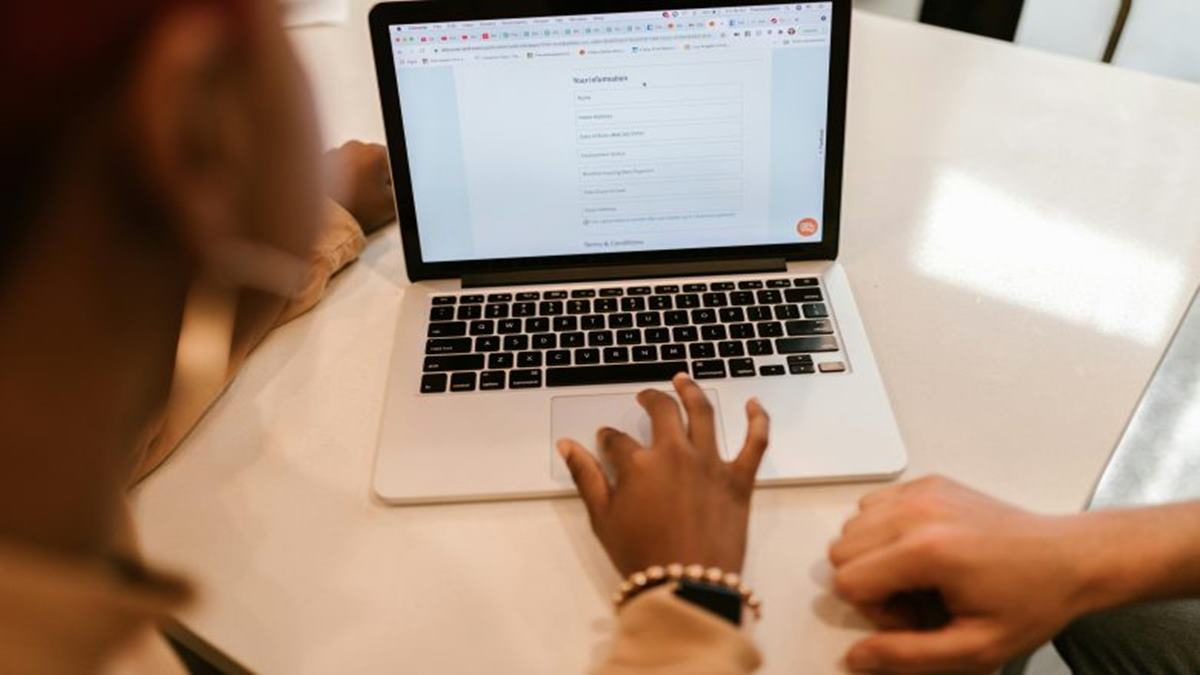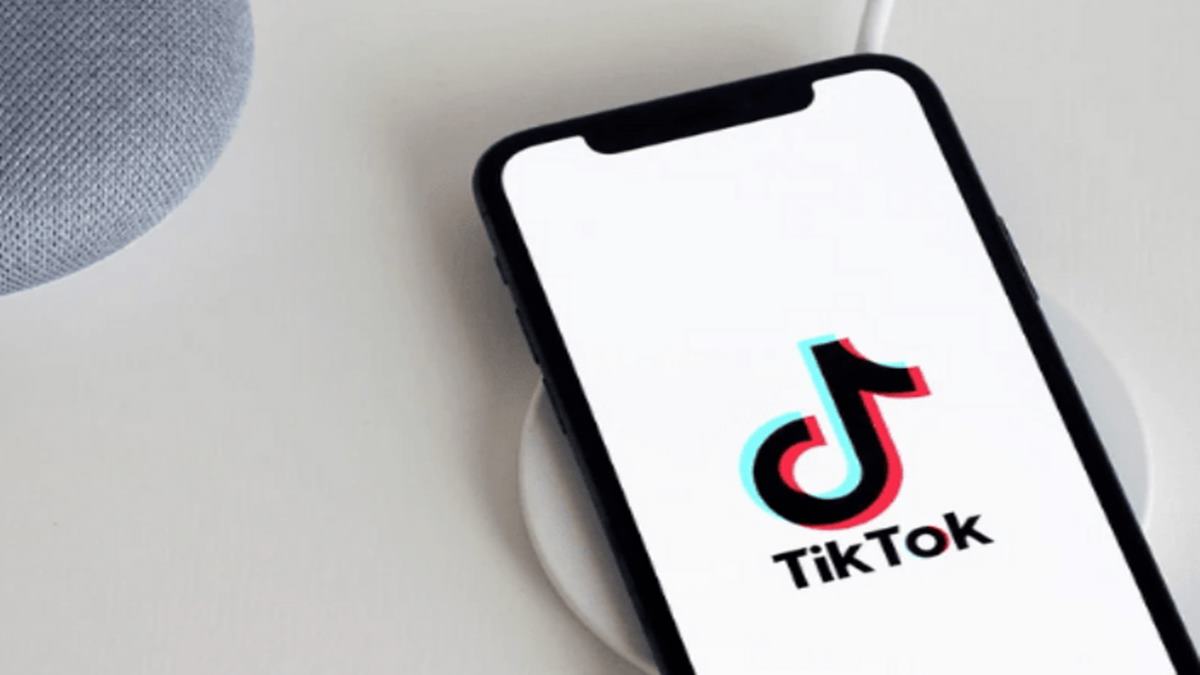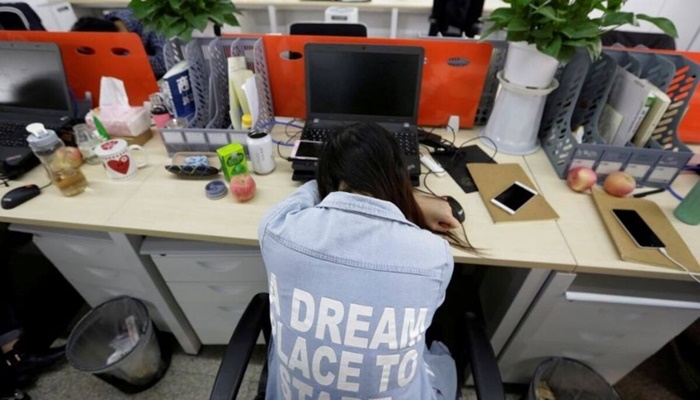Confucius said, “Choose a job you love, and you will never have to work a day in your life.”
The ancient proverb has long been used as an inspirational mantra, idealizing work as effortless when aligned with passion. For startup founders, love for the mission often excuses what many consider to be unhealthy work habits.
In the demanding world of entrepreneurship, few concepts have proven to be as enduring or as divisive as hustle culture.
Earlier this month, Index Ventures partner Martin Mignot wrote in a LinkedIn post that the 996 work culture is becoming the new startup standard. Originating in China, the 996 model refers to working 12 hours a day (9 am to 9 pm), six days a week. Despite China attempting to move away from the practice in recent years, it has been gaining traction for startups in the West.
The post was met with a mixture of backlash and approval, with 20VC founder Harry Stebbings going further, stating that “7 days a week is the required velocity to win right now.”
The argument is that the only way to build a generation-defining company is for founders to devote themselves entirely to their startups. Most of the biggest names in tech—Amazon, Apple and Meta, to name a few—were built on hustle culture. But, for today’s founders, is sacrificing a social life, sleep and possibly your sanity necessary to achieve success?
Time as an early competitive advantage
Time is often the ultimate currency for early-stage startups, particularly in the age of AI. Technology moves fast, and the pace of change can be hard to keep up with. Spinning up companies is faster than ever, thanks to new tools that lower the barriers to entry and reduce the costs.
“Missing weekends means your competitors are building faster than you,” said Amrita Bhasin, cofounder and CEO of AI-powered logistics startup Sotiro. “I believe founders should follow this work culture at least for the first year to two years. Our team follows this and often works on both weekend days.”
In markets characterized by rapid iteration and winner-takes-all dynamics, timing is everything. Founders who delay product launches may find themselves eclipsed by peers. Last year, OpenAI CEO Sam Altman said that burnout doesn’t come from working too hard but from “failing and things not working.” In other words, a lack of momentum.
The velocity with which one builds their startup can also make the difference between landing capital or fundraising failure. At the earliest stages, without customers, revenue or sometimes even a product—although this is rapidly changing with AI as efficiencies from new technology allow startups to hit milestones much quicker—the team and their vision are all that investors have to rely on.
Founders’ work ethic can be a meaningful signal, with VCs often equating long hours with grit and ambition. A willingness to sacrifice personal time is sometimes viewed—fairly or not—as a barometer for the founders’ commitment to their business.
“If you’re trying to build something that matters in a crowded market, 996 isn’t some crazy idea. It’s just what it takes,” Pujun Bhatnagar, cofounder and CEO of AI sales tax automation platform Kintsugi, said. “You push hard, move fast and brute-force your way into the game. The polish and process can come later. At the start, it’s all about shipping and surviving.”
Dangers of burnout
What starts as a hustle, though, can become a liability. A growing body of research is showing that working long hours takes a toll on founders’ mental health and on their companies.
In a Startup Snapshot survey of more than 400 founders, 72% reported that the startup grind impacted their mental health. Over a third indicated they suffered from burnout.
Furthermore, there is evidence that working longer has diminishing returns. A study from Stanford University found that productivity dropped significantly in 50-plus-hour work weeks. Stress and fatigue impact output, so those working 72 hours under the 996 structure may not gain the advantage they think.
“As a former CFO in VC-backed high-growth startups, I wore the badge of burnout like it was proof I belonged in the room,” Karen Watts, founder and CEO of proptech startup DomiSource, said. “Commitment is not the same as compulsion. I’ve seen too many founders burn through their capital tables and health because they mistook activity for progress. Sweating doesn’t necessarily mean you’re solving the right problem.”
Burnout is a real problem for investors, too. A Balderton Capital study showed that 64% of entrepreneurs surveyed said constant high pressure can negatively impact business performance.
Impaired judgment due to anxiety and exhaustion can lead founders to make poor decisions and lose their momentum, or even leave the company altogether.
Challenger bank Monzo‘s founder, Tom Blomfield, left the company in 2021 due to his mental health. Twitch cofounder Justin Kan also publicly shared his struggles with burnout and how he used alcohol to cope as a young founder.
Taking care of mental health is not just a personal imperative but a business one. Despite the prevalence of burnout, it is not a struggle shared with investors. The Startup Snapshot survey found that only 10% of founders talk to VCs about their stress, a statistic several investors are trying to change.
“If you’re a CEO, don’t listen to a jumped-up finance bro in a hoodie who has never done your job telling you how to do it,” Balderton GP Suranga Chandratillake said. “At Balderton, we believe founders will do what it takes to get there, but we don’t believe in paranoid micro-management.”
Balderton has built a performance and well-being program to address founder mental health, incorporating diet, exercise and support. Other firms, such as Pure Ventures, offer similar programs to founders.
Furthermore, demanding 18-hour days from employees can limit a startup’s ability to hire, particularly from countries with different cultures. High staff turnover due to stress makes scaling a bigger challenge.
The end of hustle culture?
AI is increasing competition and making speed more necessary, but it is also boosting productivity. Developer platform GitHub found that its AI Copilot helps developers code up to 55% faster.
With new automation and agentic AI tools emerging, founders and employees may have more time than before.
However, building a highly successful startup, at least in the early stages, will always require periods of intense work. A 9-to-5, five-days-a-week schedule is unrealistic, and periods of intensity around product launches and fundraising are to be expected.
However, the danger lies in making 996 the default setting rather than a tactical choice to be used when needed. Applied indefinitely, it risks compromising founders, their startups and the capital backing them.




















